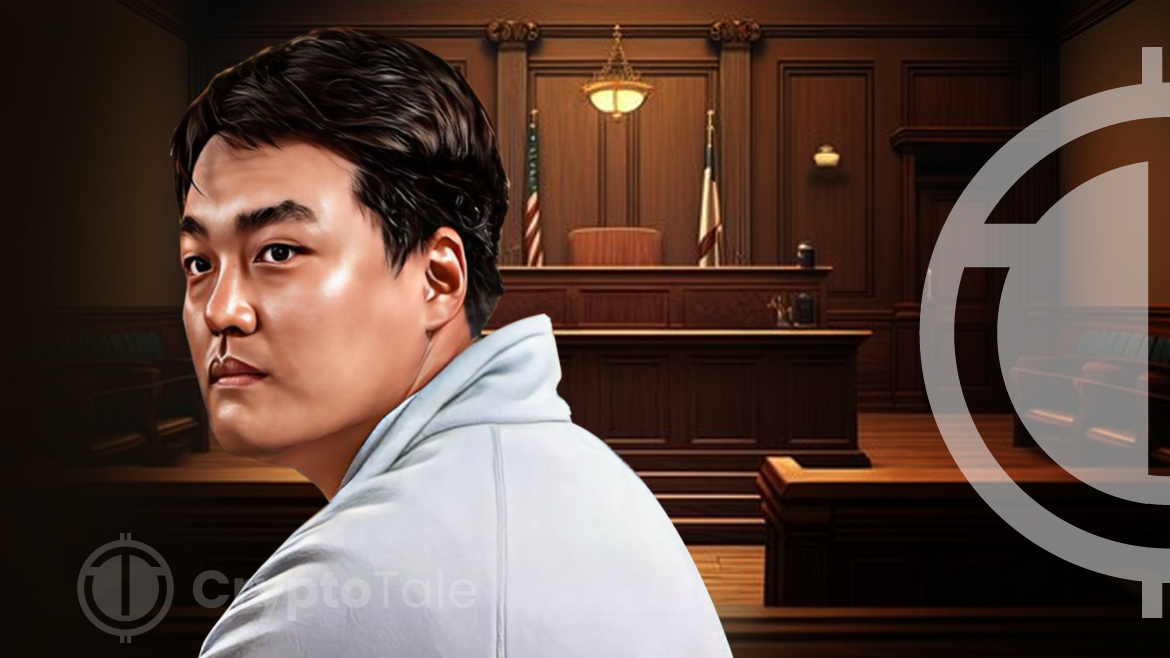- Podgorica High Court rules in favor of extraditing Terraform Labs’ Do Kwon to the U.S., bypassing South Korea’s extradition request.
- Kwon faces charges in the U.S., including wire fraud and securities fraud, paralleling legal issues in South Korea.
- Terraform Labs has filed for Chapter 11 bankruptcy in Delaware amidst ongoing legal challenges and regulatory scrutiny.
The Podgorica high court has approved the extradition of Do Kwon, the former CEO of Terraform Labs, to the United States. This decision came after a period of legal deliberation and set aside a competing extradition request from South Korea. The ruling is a result of the High Court’s consideration, guided by an Appeals Court directive to determine the destination of Kwon’s extradition between South Korea and the United States.
Kwon, alongside his associate Han Chang-joon, was apprehended at Podgorica airport for attempting to leave the country with forged Costa Rican passports. Further investigations unearthed additional counterfeit Belgian documents, complicating their legal situation. While the defense argued a lack of knowledge about the document forgeries, attributing trust to a third-party agency in Singapore, Han has since been extradited to South Korea.
Facing charges in the U.S., including wire fraud and securities fraud, among others, Kwon’s legal challenges mirror those he would confront in South Korea. Previously, Kwon faced legal hurdles in Montenegro, including a four-month prison sentence for possessing fake documents.
The legal discourse extended further when both the U.S. and South Korea sought his extradition. The Montenegro Appeals Court has reversed its initial stance following Kwon’s legal appeal, now allowing his extradition to the U.S.
Montenegro’s Justice Minister, Andrej Milović, shed light on the multifaceted factors behind the extradition decision. He specifically highlighted the pivotal role of the United States as Montenegro’s foremost foreign policy ally, signaling a keen interest in reinforcing the legal and diplomatic ties between the two nations. Milović articulated a clear vision for enhancing the legal frameworks governing future extraditions.
As of now, the timing of Kwon’s transfer to the U.S. remains uncertain. His arrest in Montenegro marked the end of a period of speculation about his whereabouts following Terra’s downfall.
The backdrop to these legal battles is the fallout from the TerraUSD collapse. This was a major event in the cryptocurrency sector, causing significant financial loss erasing approximately $40 billion from the market. Legal efforts in the U.S. and South Korea are focused on addressing the implications of this collapse, with both countries actively pursuing legal action against Kwon and other Terraform Labs executives.
Last month, Terraform Labs initiated Chapter 11 bankruptcy proceedings in Delaware. CEO Chris Amani highlighted this step as critical for addressing the company’s legal challenges, including a lawsuit from the SEC and proceedings in Singapore. The bankruptcy filing, revealing assets and liabilities within the $100 million to $500 million range and a wide creditor base, aimed to navigate the complexities arising from the company’s legal entanglements.






